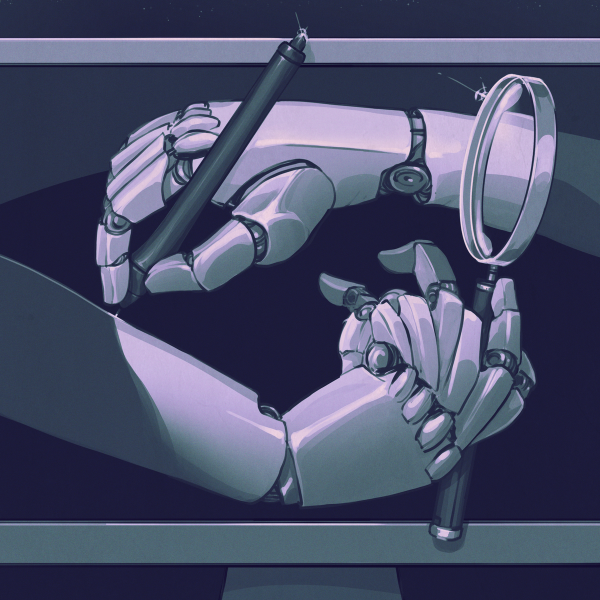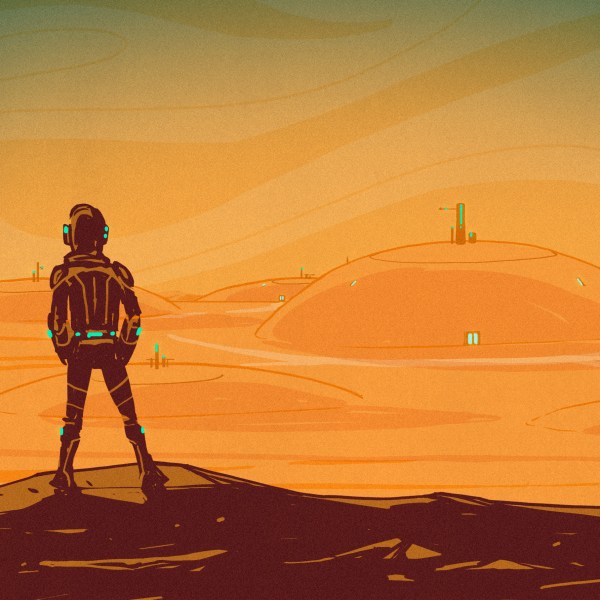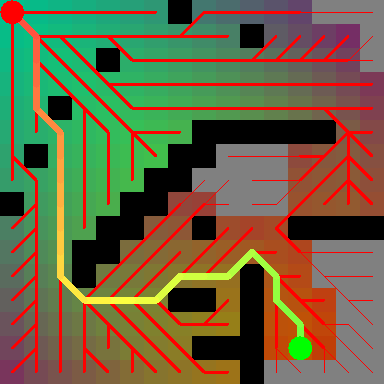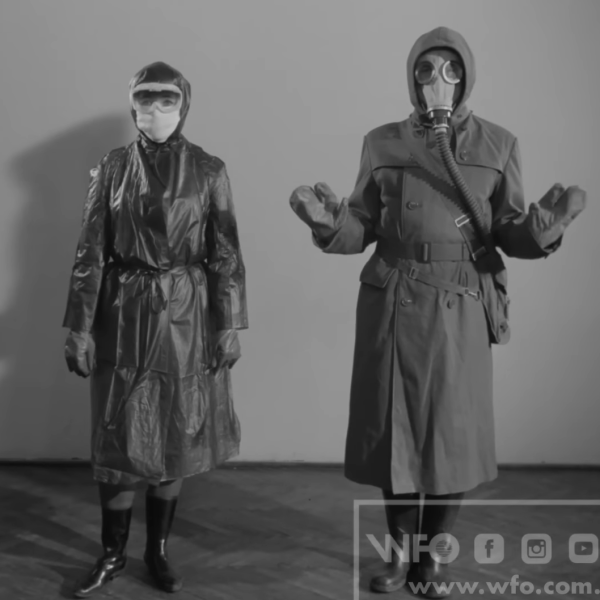Here at Hackaday, we often encourage people to hack for the greater good through contests. Sure, it is fun to create a wireless barbeque thermometer or an electronic giant foam finger. At the end of the day, though, those projects didn’t really change the world, or maybe they just change a little corner of the world.
I recently saw a commercial device that made me think about how more hacker-types (including myself) ought to be working more on big problems. The device was Watly. The Italian and Spanish start up company claims the car-sized device is a “solar-powered computer.” No offense to them, but that’s the worst description for Watly that you could pick and still be accurate.
So what is Watly? It looks like some sort of temporary shelter or futuristic campsite equipment. However, it contains an array of solar cells and a very large battery. I know you are thinking, “Great. A big solar charger. Big deal.” But there’s more to Watly then just that.
The first Watly rolled out in Ghana, in Sub-Saharan Africa. About 67% of the population there–over 600 million people–do not have electricity. Nearly 40% do not have safe water. Watly uses a graphene-based filter and then uses its electricity to distill safe drinking water by boiling it. The company claims the device can deliver about 5,000 liters of safe drinking water per day.
If you read Hackaday, it is a good bet you have easy access to safe drinking water, electricity, and Internet. Think for a minute what it would be like if you didn’t. Here on the Gulf Coast of the United States, we sometimes have hurricanes or other storms that show us what this is like for a week or two. But even then, people come with water in trucks or cans. Generators show up to let you run your fridge for a few hours. Even more important: you know the situation is only temporary. What if you really thought those services would never be restored?
The portable device can provide power, water, and wireless Internet service and can last for 15 years. Watly intends to create a larger version with even more capacity. The project received funding from the EU Horizon 2020 program that we’ve mentioned before. Creating clean water is something that can help lots of people. So is using less water. If you want some more inspiration for tackling water problems, we’ve got some links for you.












